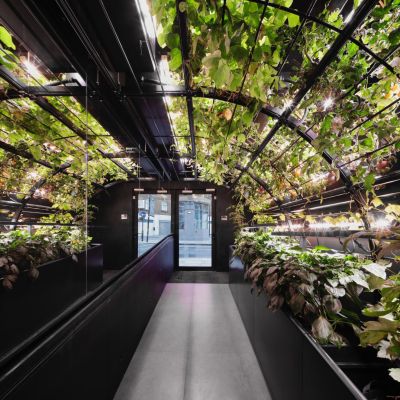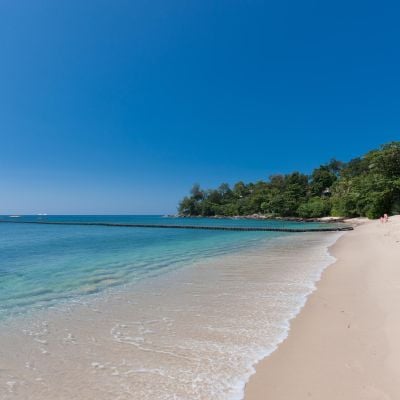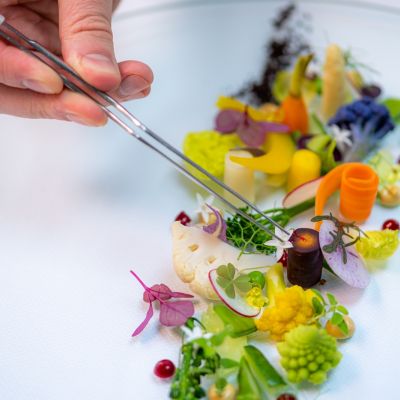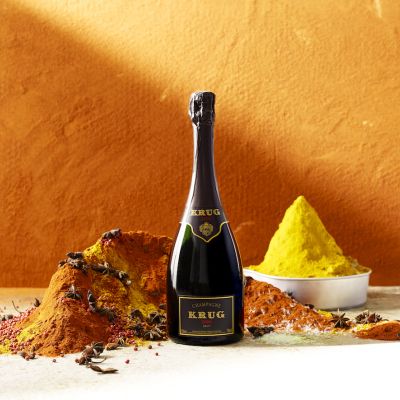Volcanic Vines
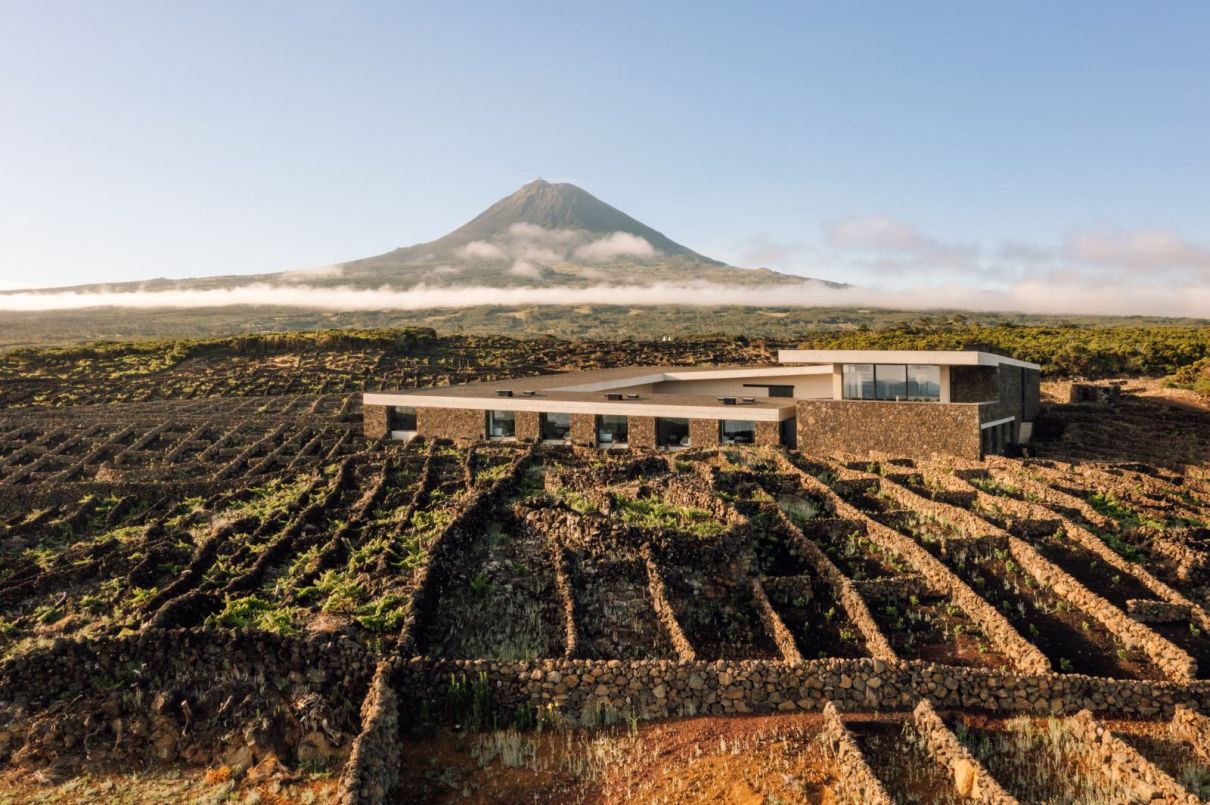
The Azores Wine Company is reviving the most ancient traditions.
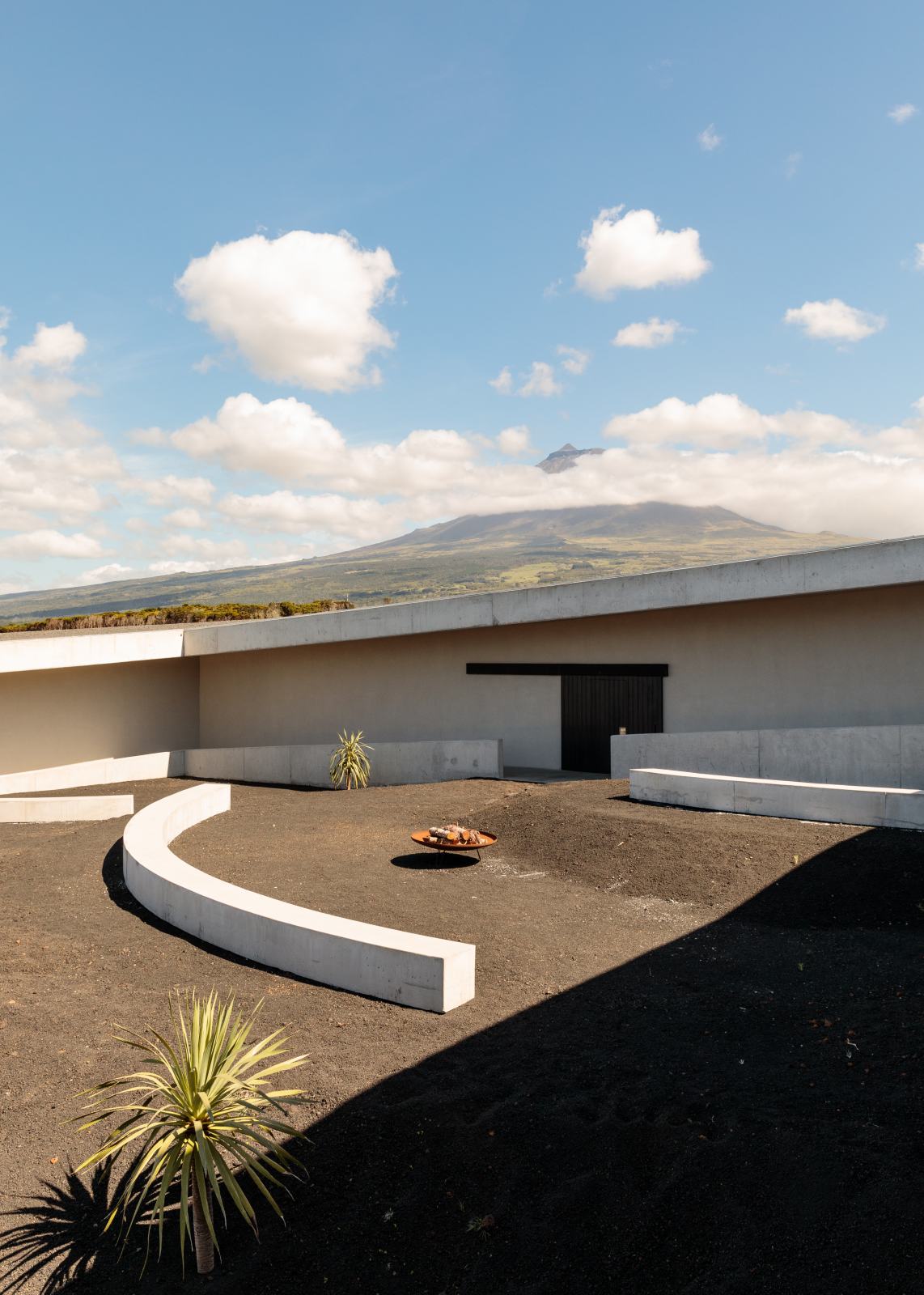
Arriving to Pico Island in the Portuguese Azores by aircraft, one is struck by the volcano. It is a soaring black cone rising to 2,351m high. At its base, lava flows, cracking up and rippling down into the ocean. Secluded in the middle of the Atlantic Ocean, a two-hour flight from Lisbon, the island of Pico is picture-perfect with its rugged, dark, harsh-earth coastlines and lush tropical vegetation hanging higher up along the slopes.
One more thing catches the eye: an incredible line-up of currais, which are small wine enclosures, hand-built walls of black basalt rock made without any mortar, about half-a-metre high. They cover the landscape like a giant honeycomb, testament to a long gone, rich history.
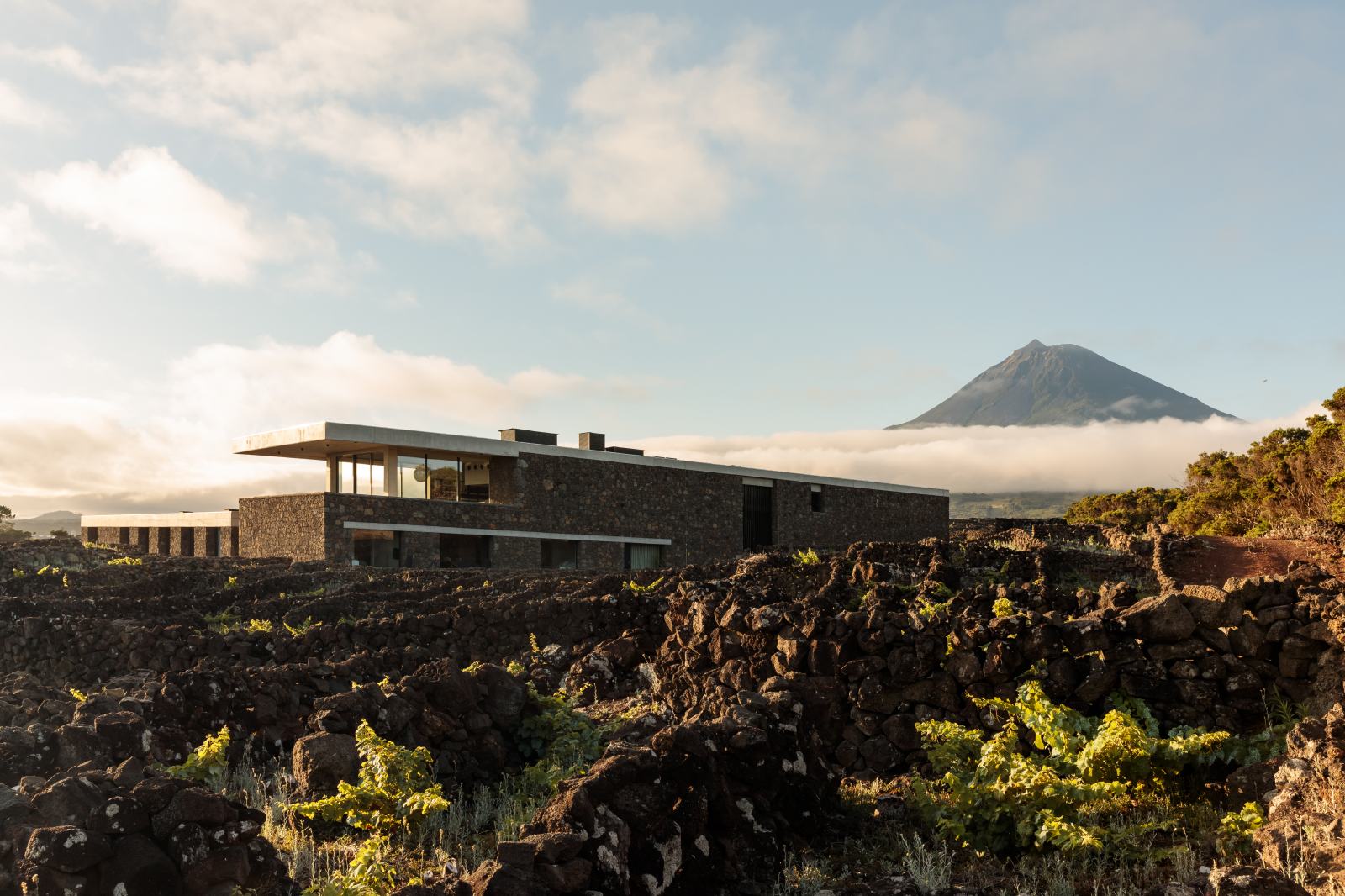
The currais tell us that the island was once home to one of the world’s most extensive wine industries in the 17th and 18th century. Pico was then covered with 15,000 hectares of vines. It produced prestigious wines that were traded by the British and found in the cellars of Thomas Jefferson, European aristocracy and Russian czars alike. As history unfolds, nearly all of it was wiped out from oidium mushroom, powdery mildew and phylloxera in the 19th century. Pico then lost half of its population and, over the next century, its collective memory disappeared.
In 2004, when the island became a UNESCO World Heritage site, there were only 120 hectares of vines left. Today, the island is being rejuvenated by a trio of passionate wine lovers: Portuguese winemaker António Maçanita; economist, gourmet and former tourism school director Filipe Rocha; and native Pico winemaker Paulo Machado. They founded the Azores Wine Company in 2014. The trio started renting hectares of vineyards and buying abandoned land in different areas around the island before settling for their own.
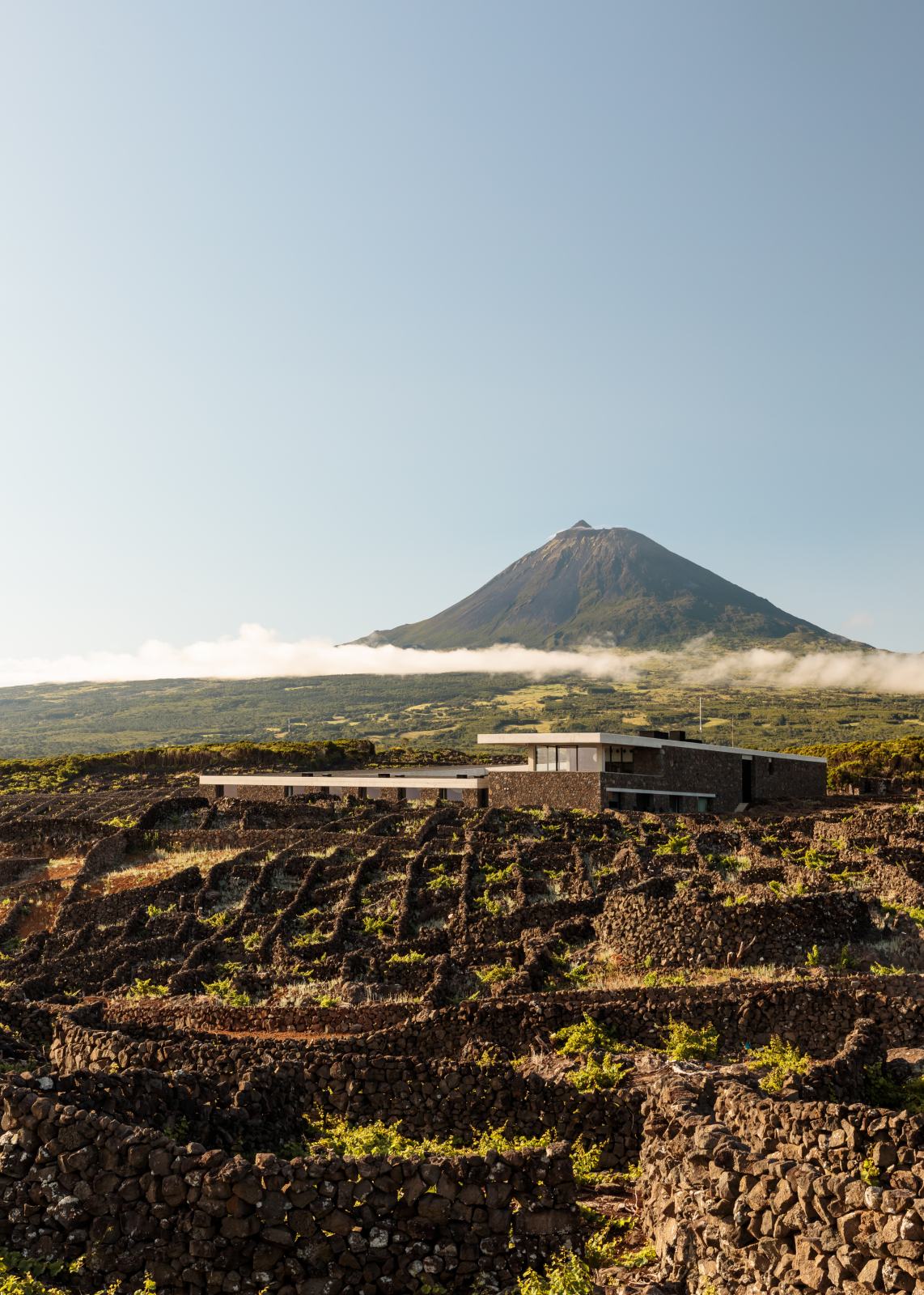
Across the 51 hectares found in the vicinity of the airport, the former currais walls were filled in with forest and impenetrable vegetation. Company teams spent more than two years restoring the plots and the ancient basalt. It would have been impossible to do differently as the walls keep the grapes warm in the cool climate and further protect them from the salinity of the ocean sprayed by the Atlantic breeze. In short, the currais create a micro-climate around the vine and, as the local saying goes: “You should plant only where you can hear the crab sing.” Which means that further away from the volcanic cone, the grapes get less rain and more sunshine. Too close to the ocean, they get burnt by sea salt.
Concentrating on indigenous varieties, the trio planted its first vines in 2017 and continued to work hand in hand with local wine growers to put Azores wines on the contemporary map. Back in 1580, local Portuguese historian and humanist Gaspar Frutuoso first wrote about the grape variety Verdelho dos Açores stating that it was “an alien in Madeira Island and on the mainland”. To this day, it remains a unique grape variety: its mother grape comes from French Savagnin and the father grape is still unknown.
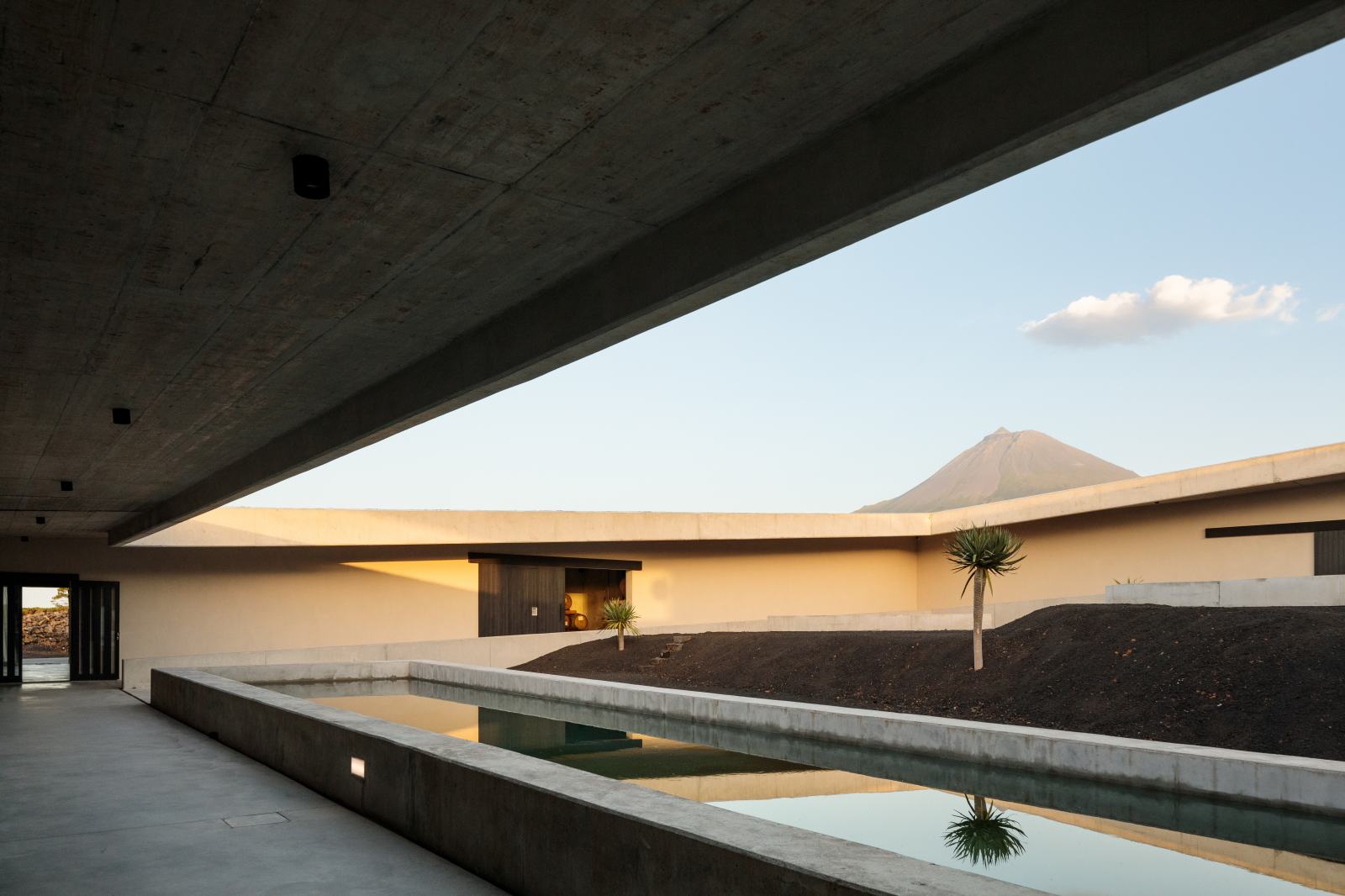
Within years after the Azores Wine Company was created, 650 hectares of three indigenous grapes had been replanted across the island: Arinto dos Açores, Verdelho dos Açores and Terrantez do Pico. Today, the winery produces exceptional wines. The grapes produced are quite expensive and rare (on par with Champagne, Bordeaux and Napa Valley grapes) and their taste is unmatched.
Inside the sleek concrete winery walls, one finds an exceptional tasting room with an endless view over the currais; a restaurant one floor up complete with modernist Brazilian furniture and tables built from massive volcanic stones, and an even better view; and a handful of suites and apartments for those who want to taste all the wines accompanied by chefs José Diogo Costa and Angelina Pedra’s delicate pairings.
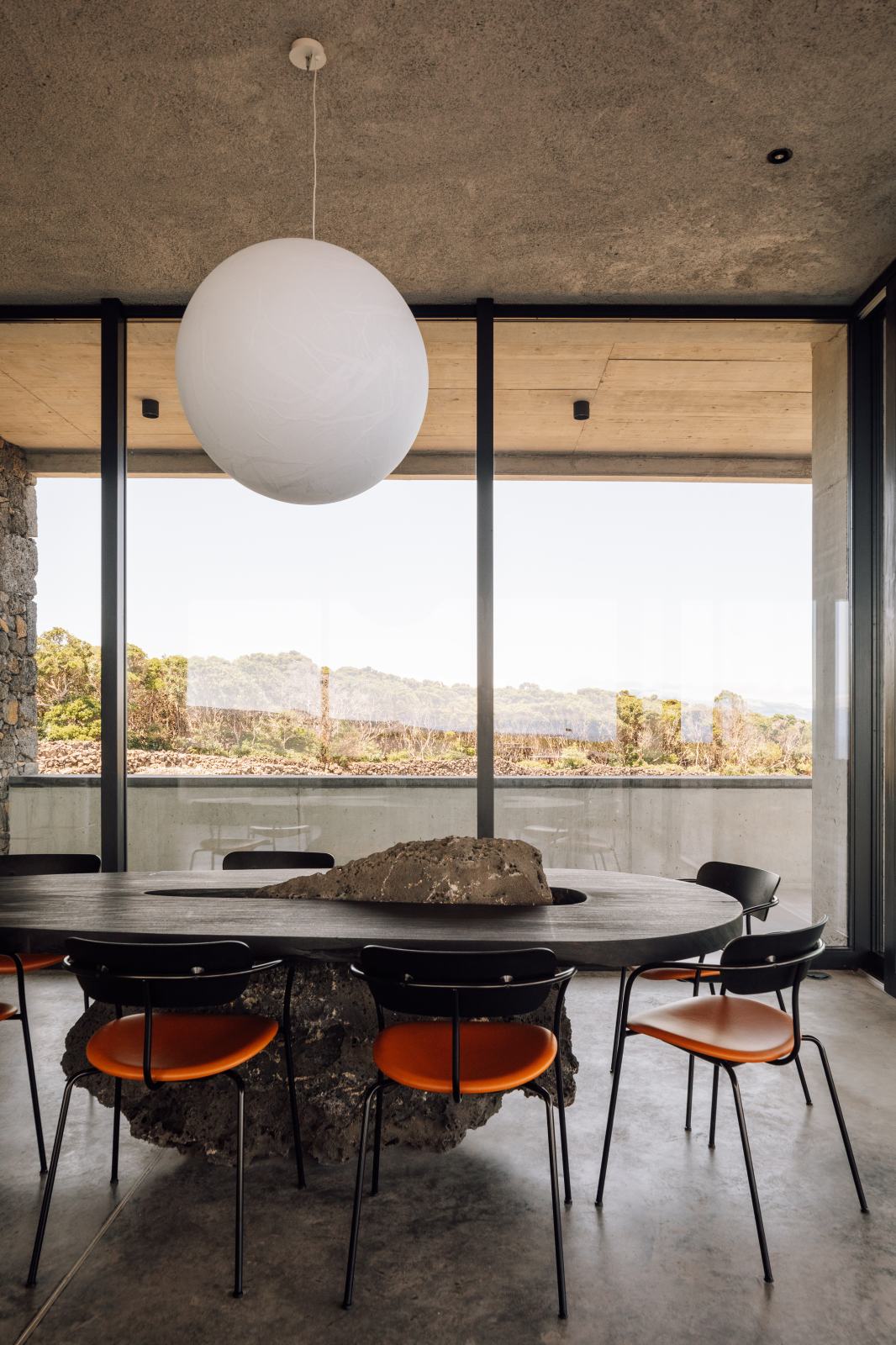
All the settings are refined, linked to local heritage and ancient crafts; they simply feel beautifully natural. António Maçanita concludes: “In the Azores, you don’t have to be mad to make wine, but it helps.”





